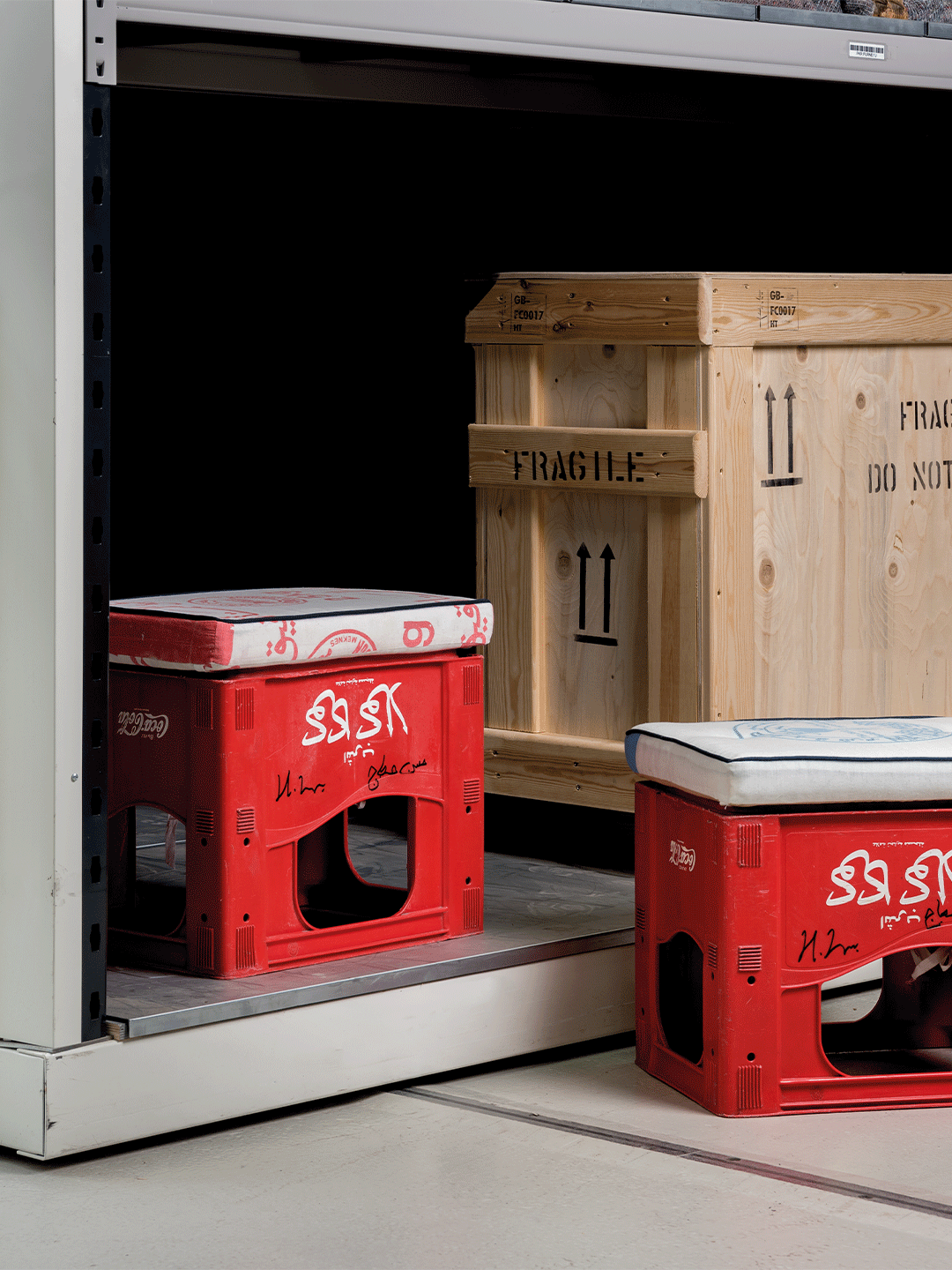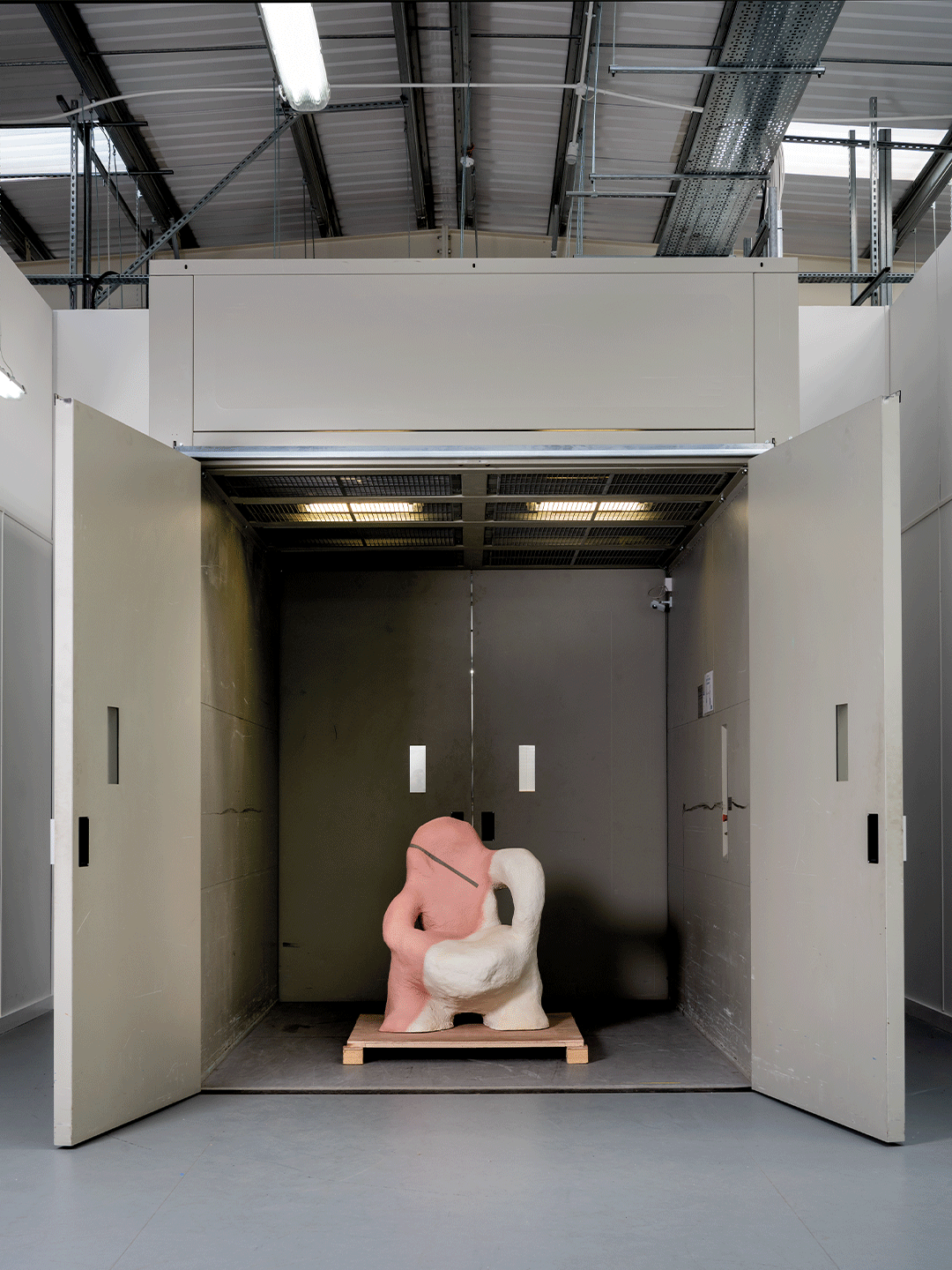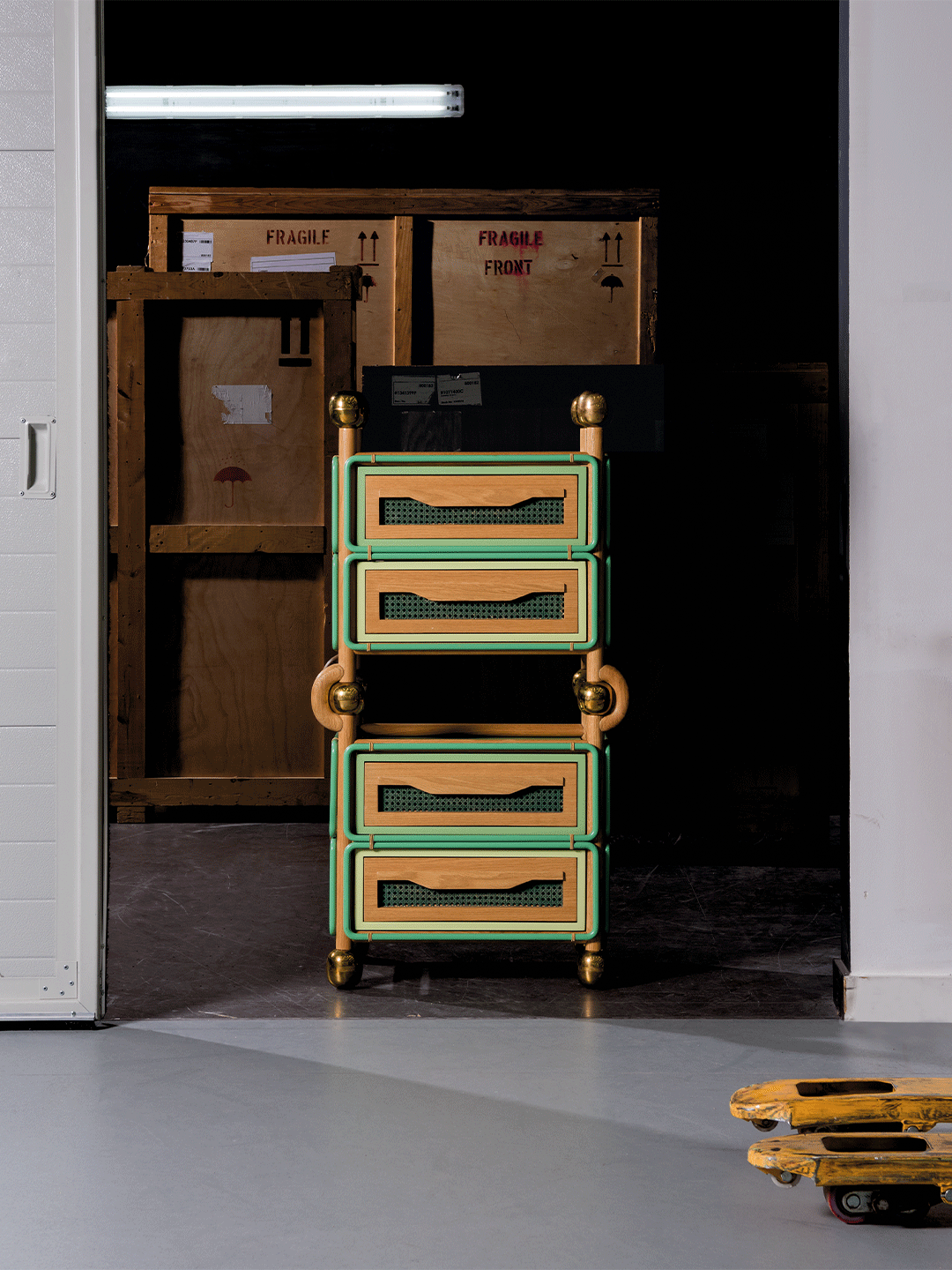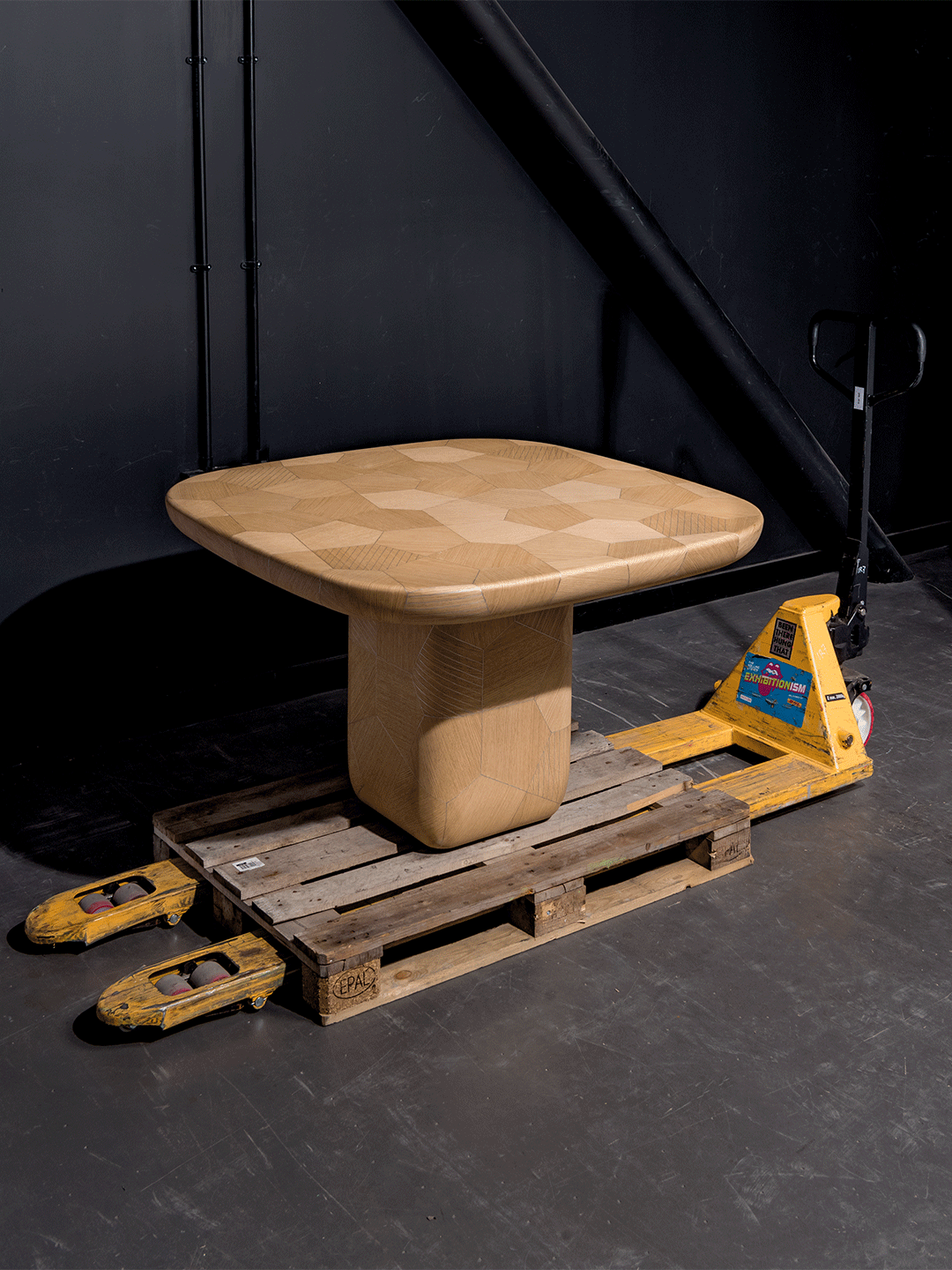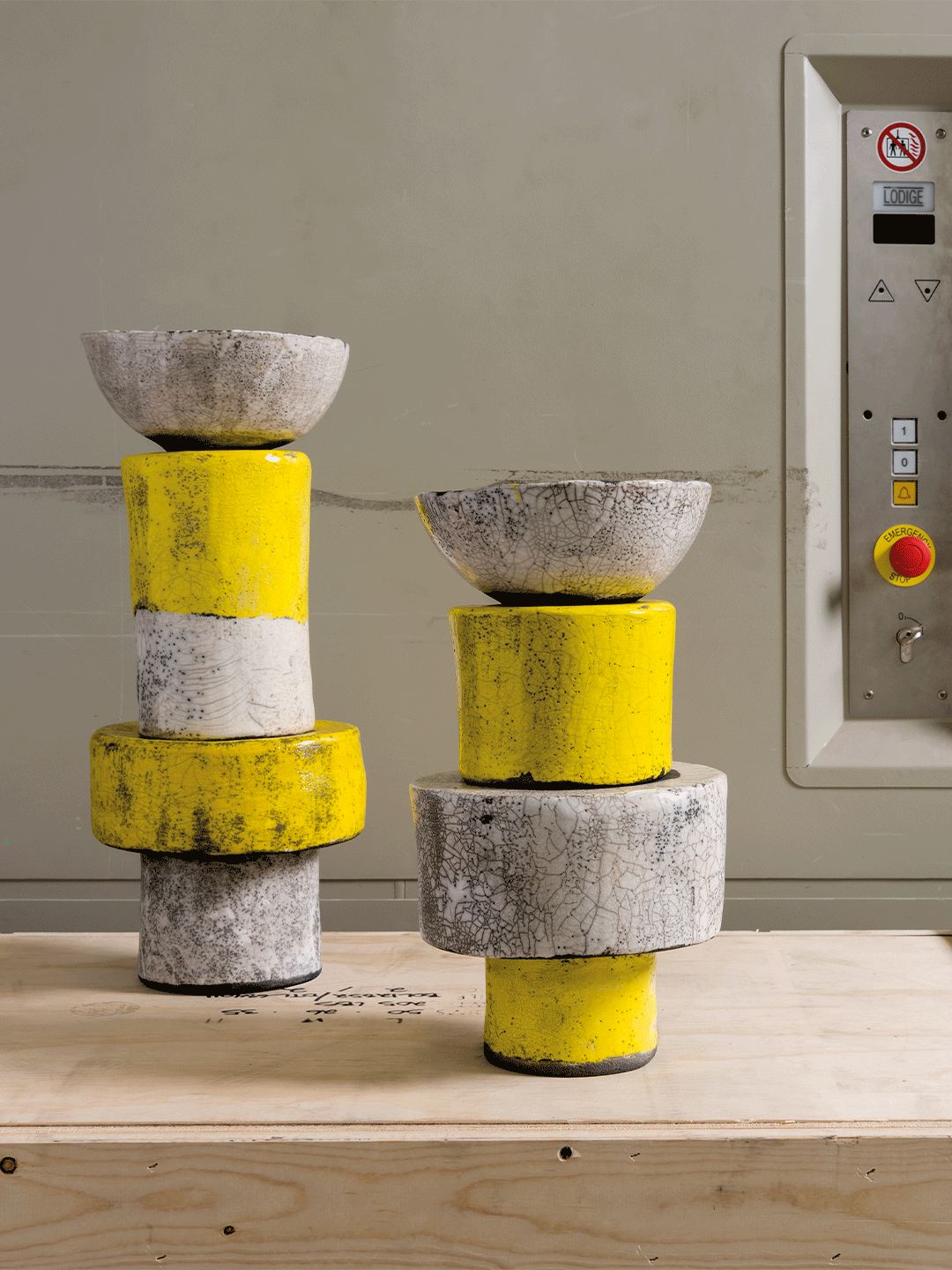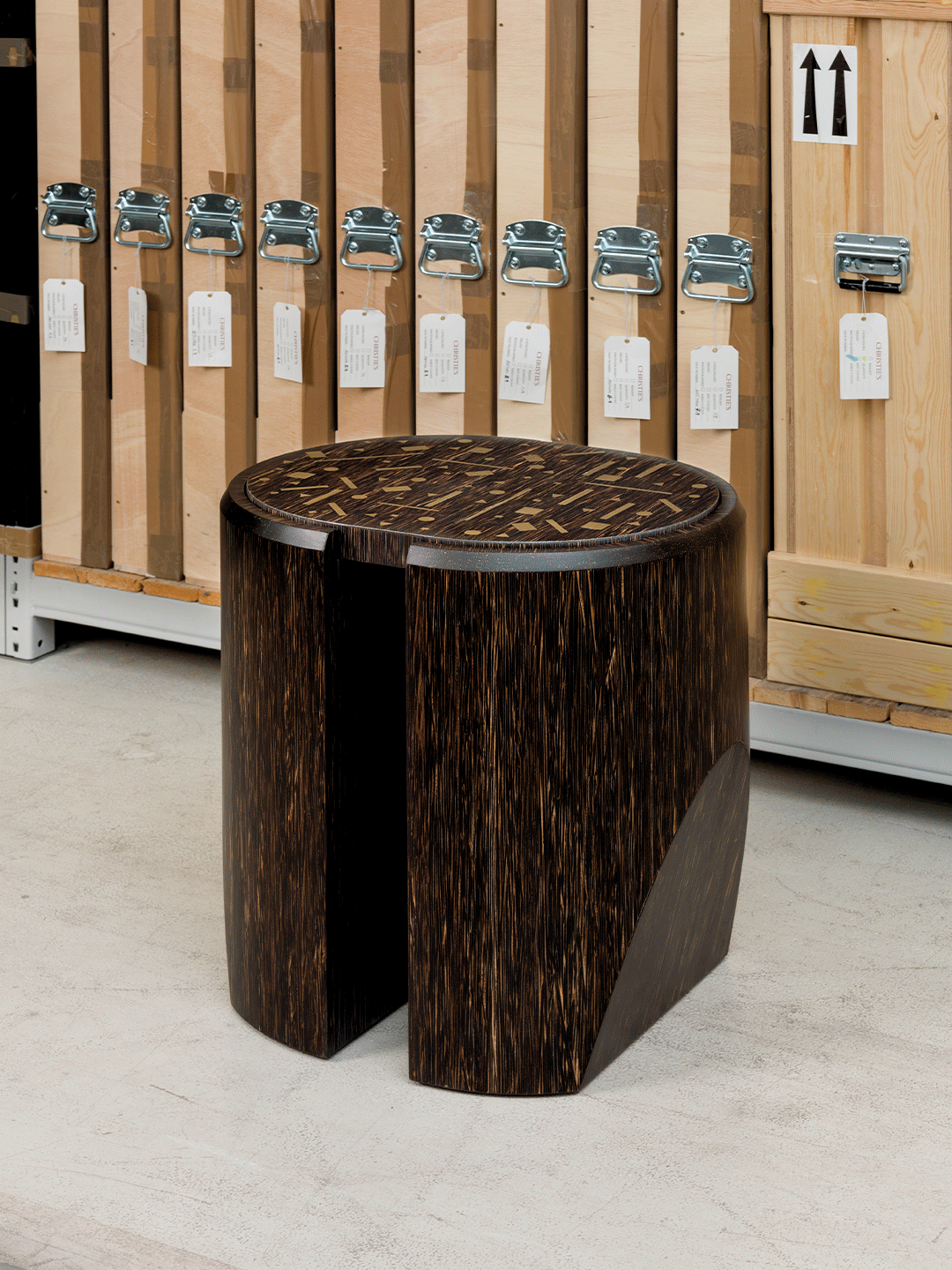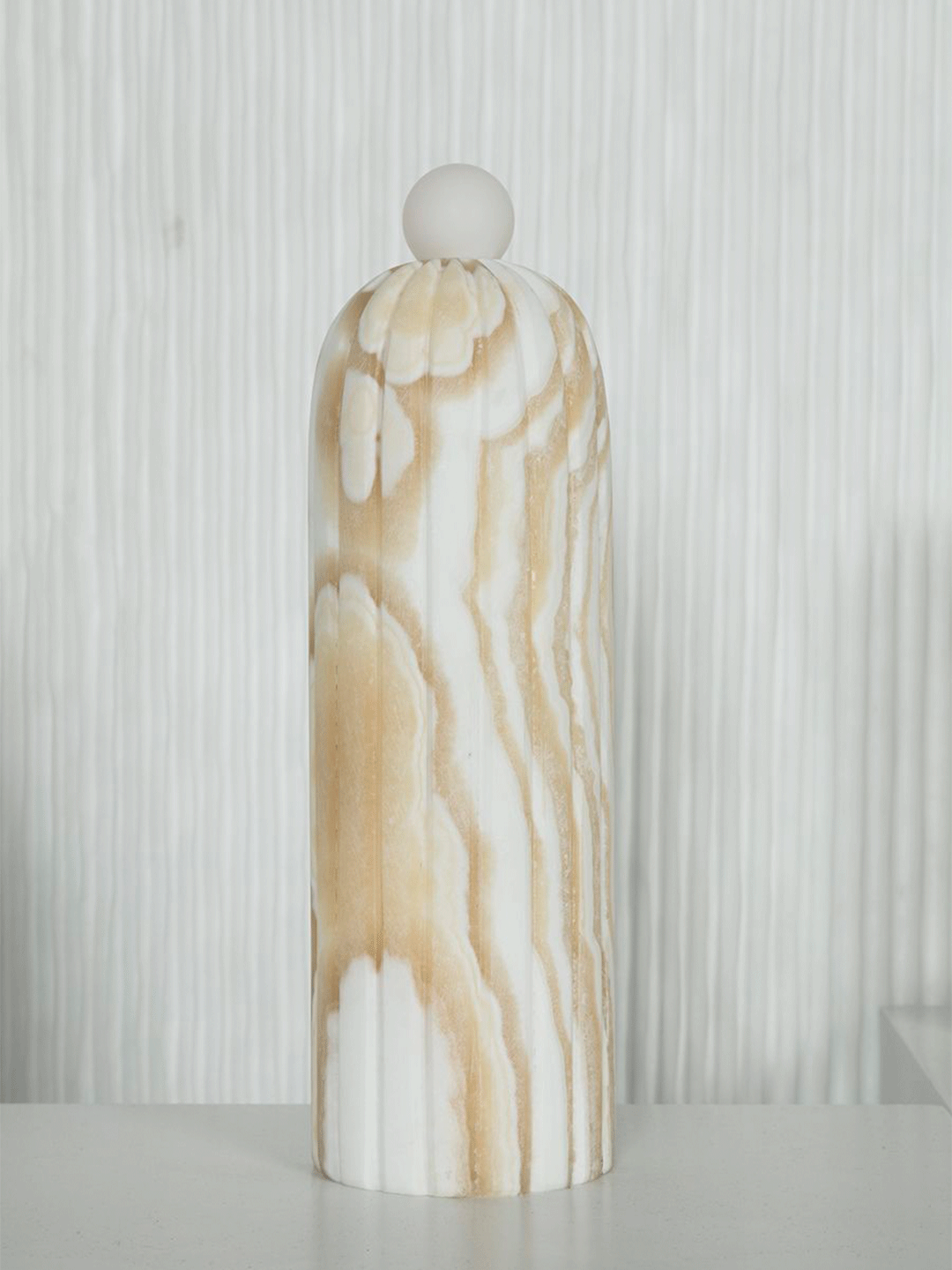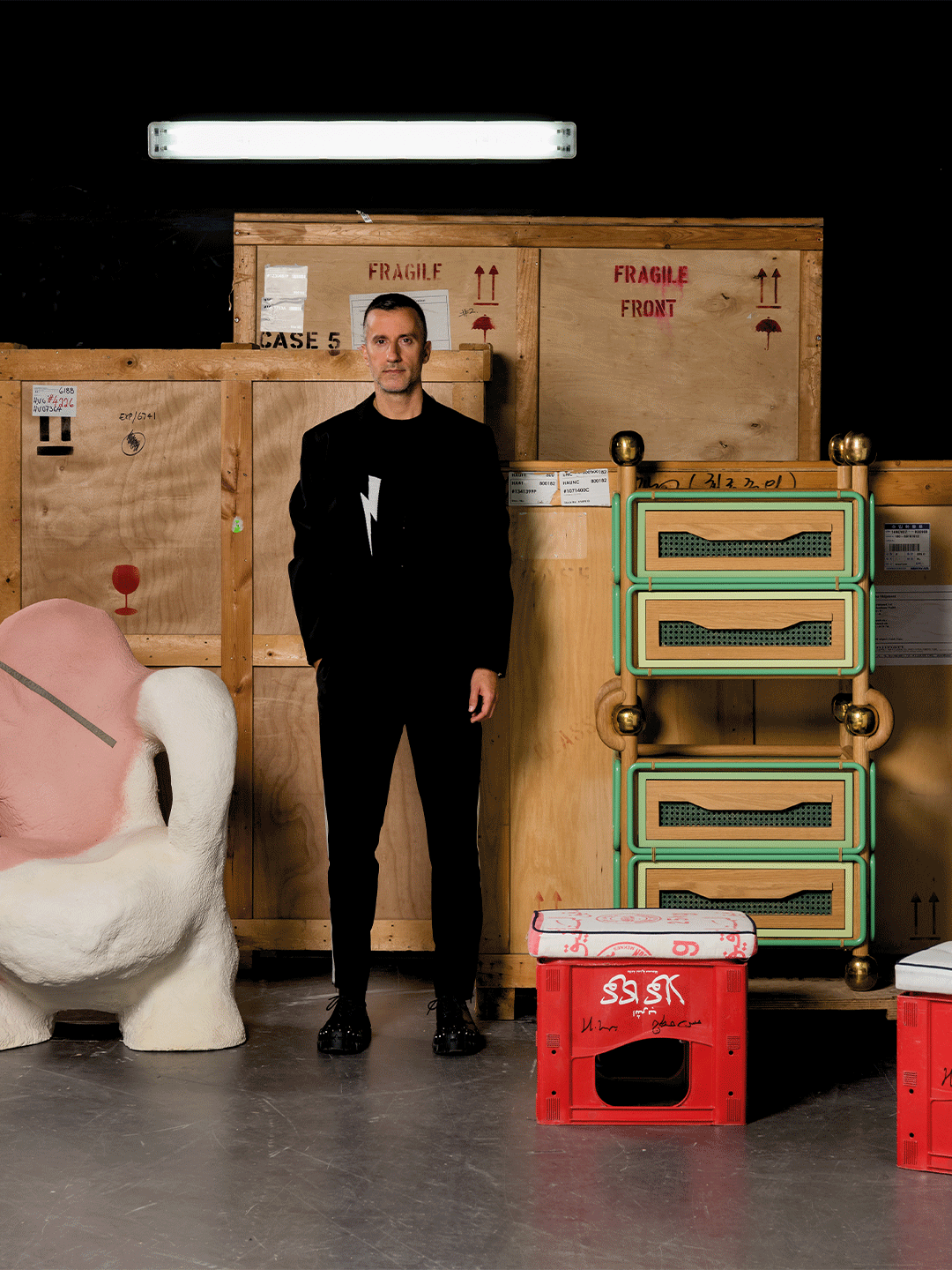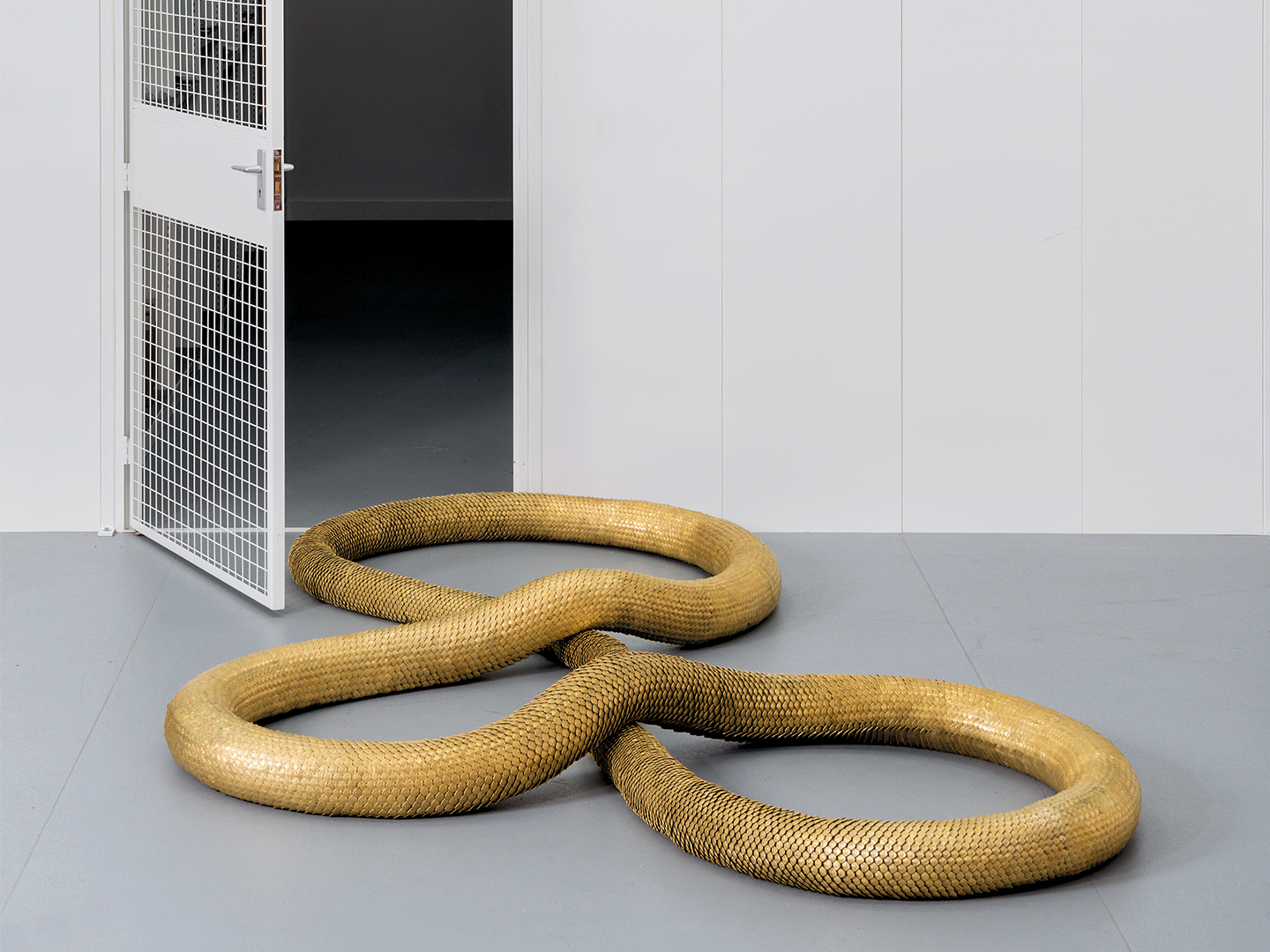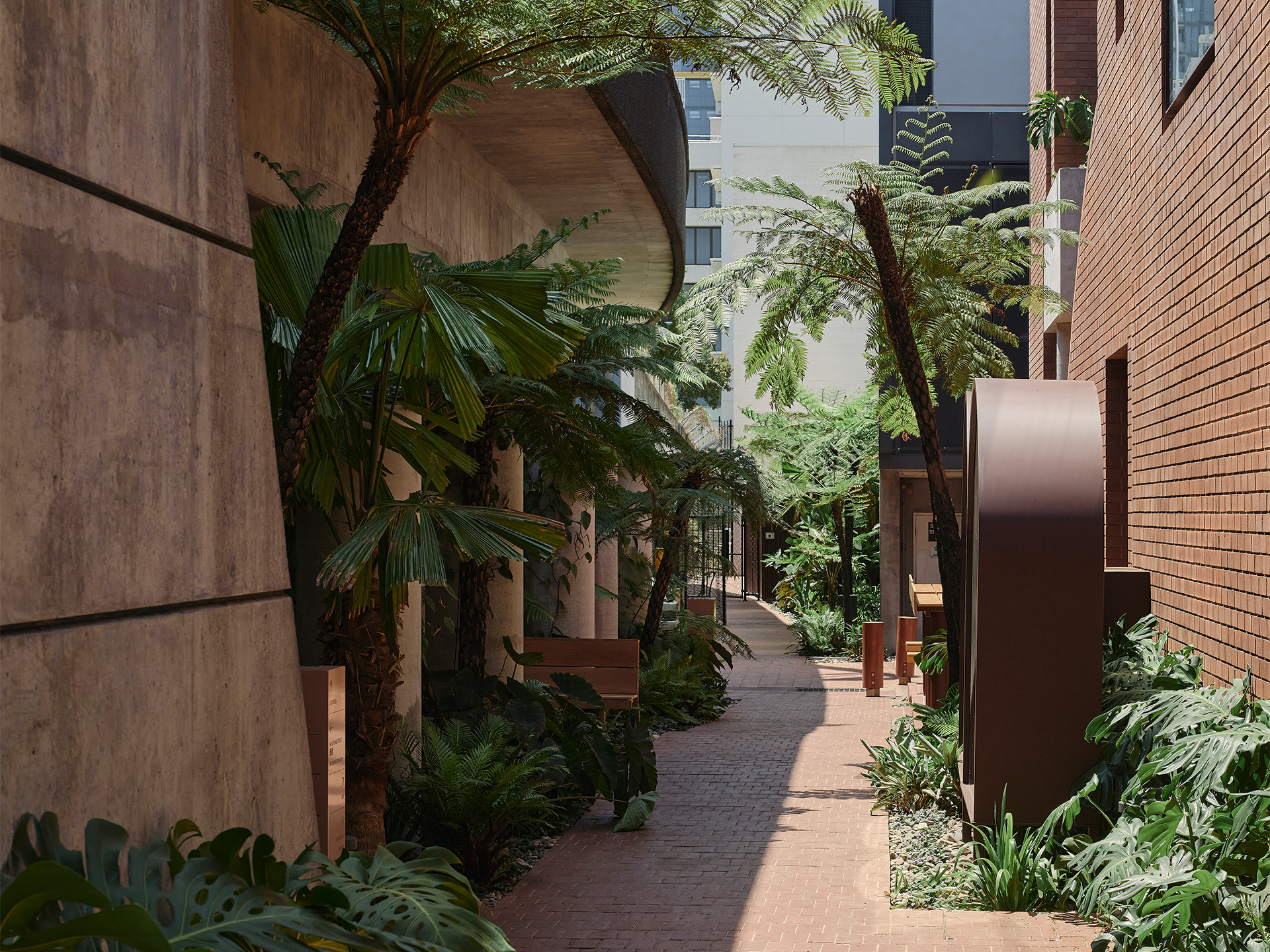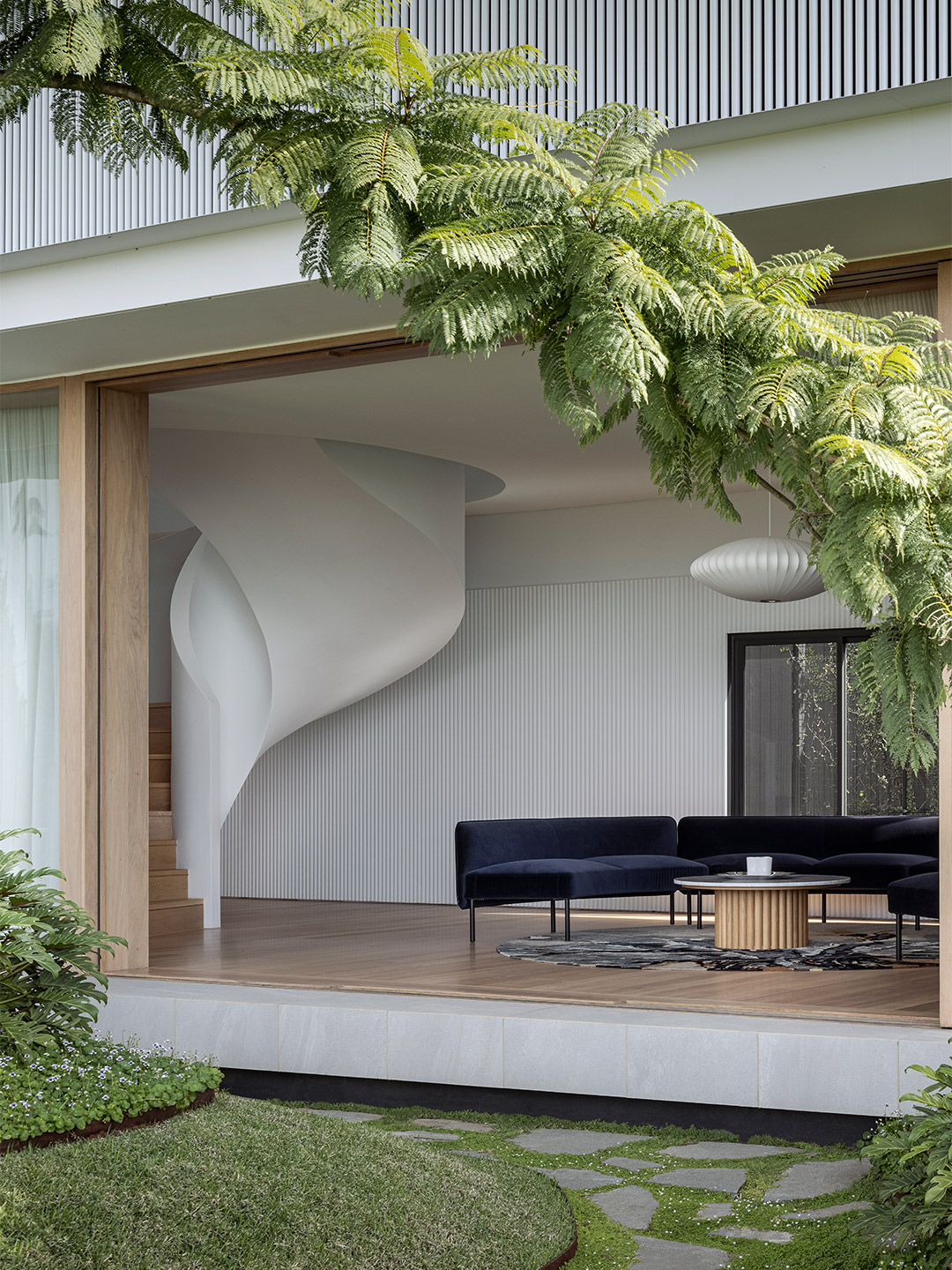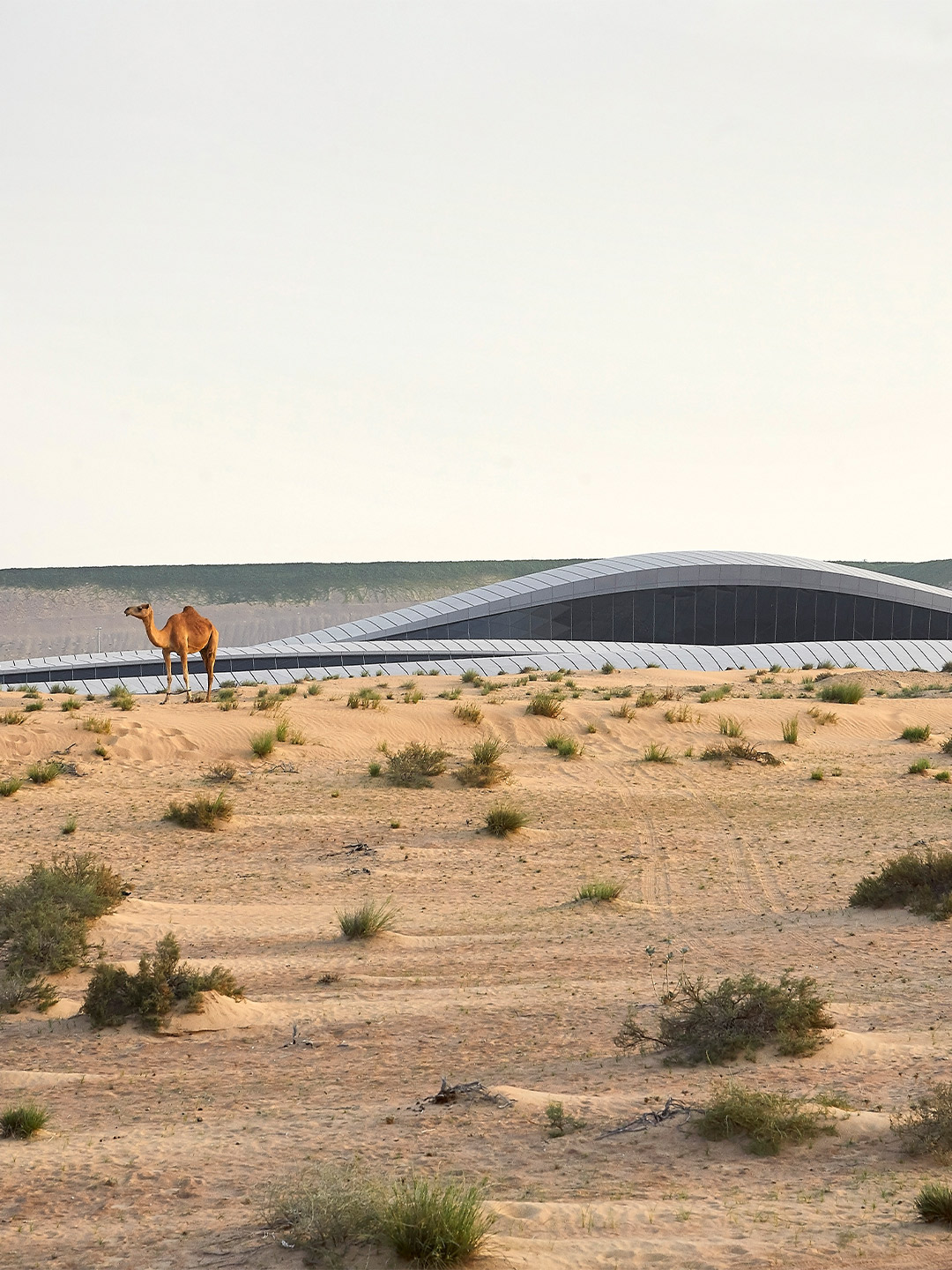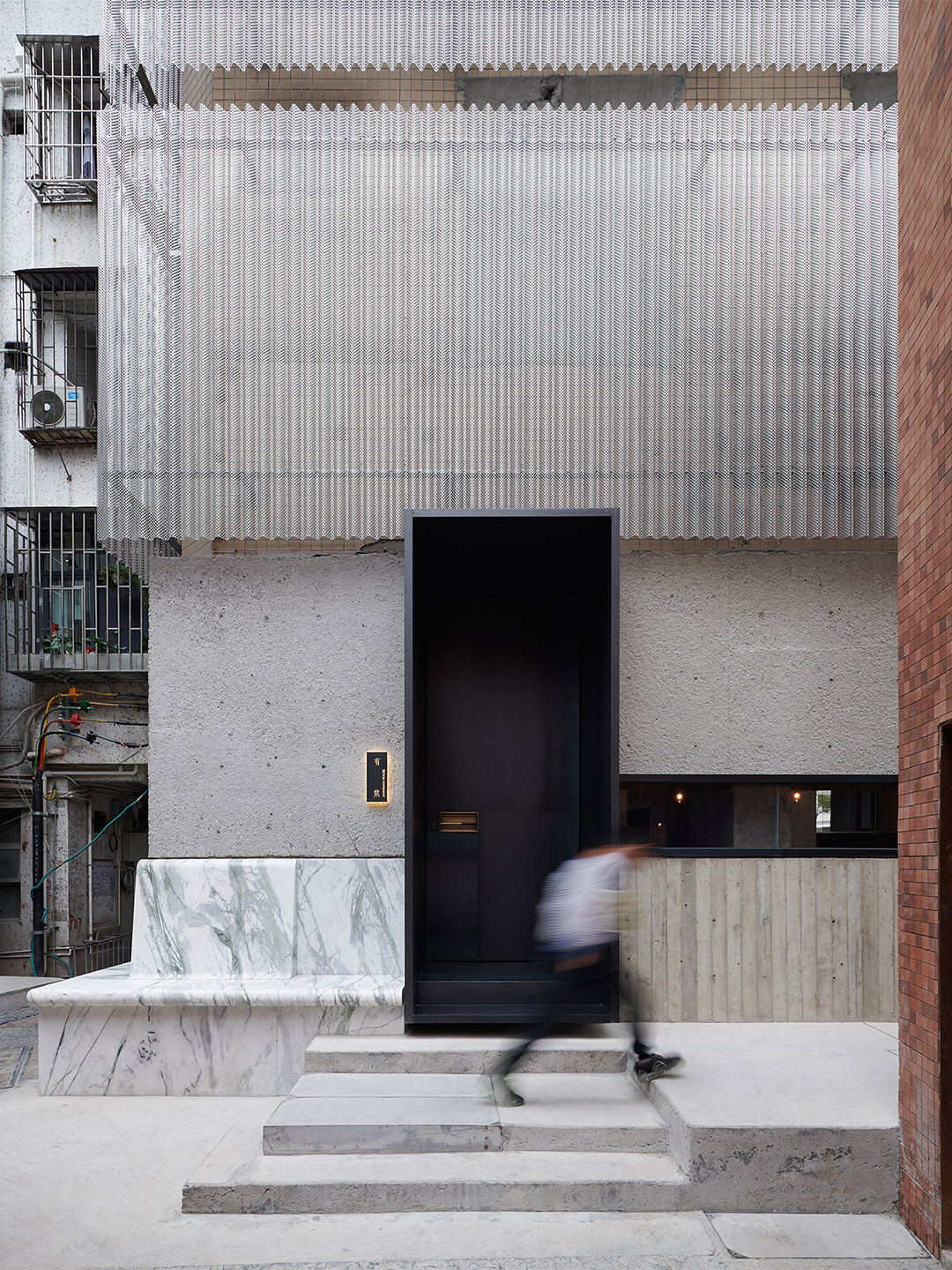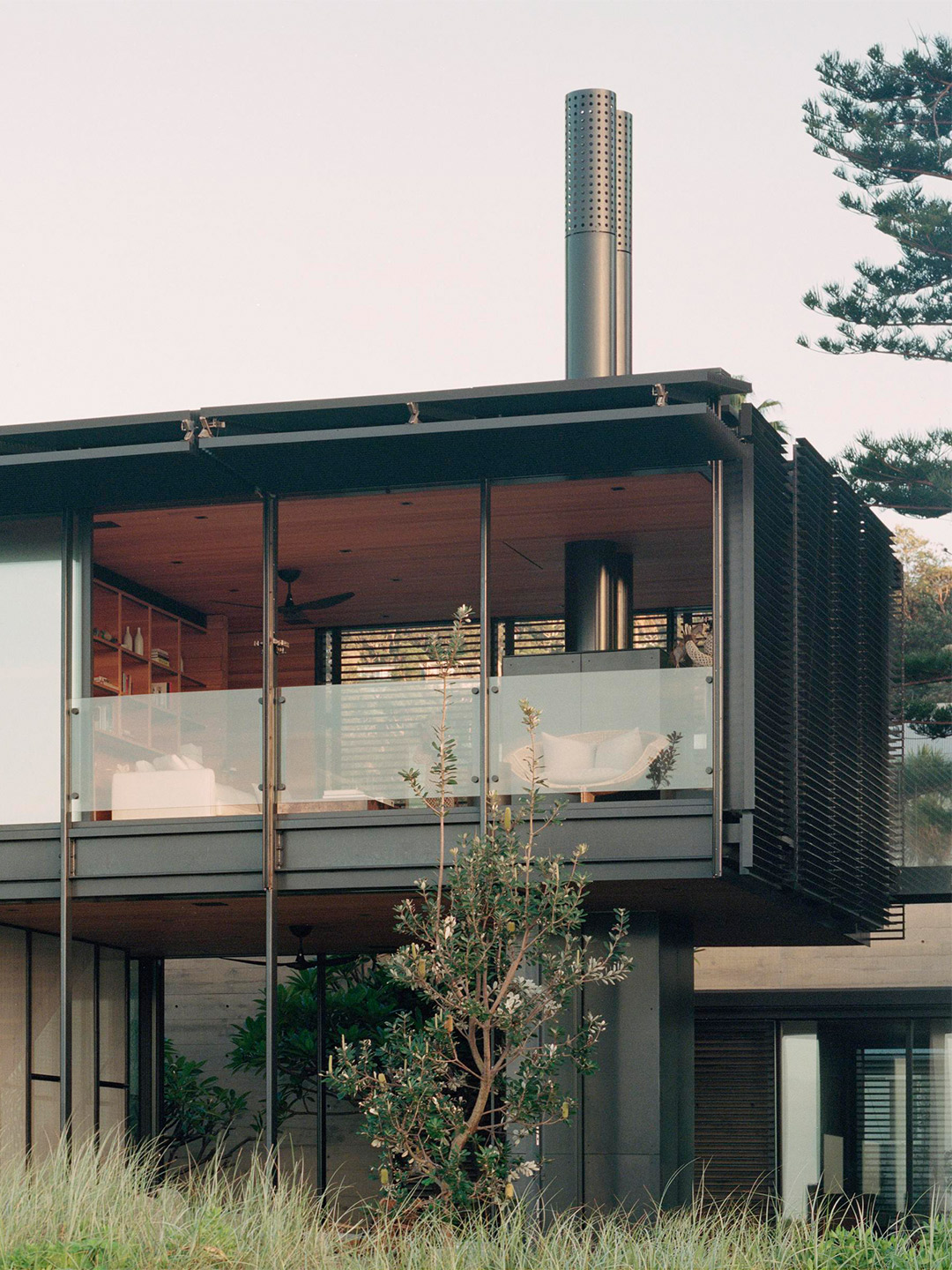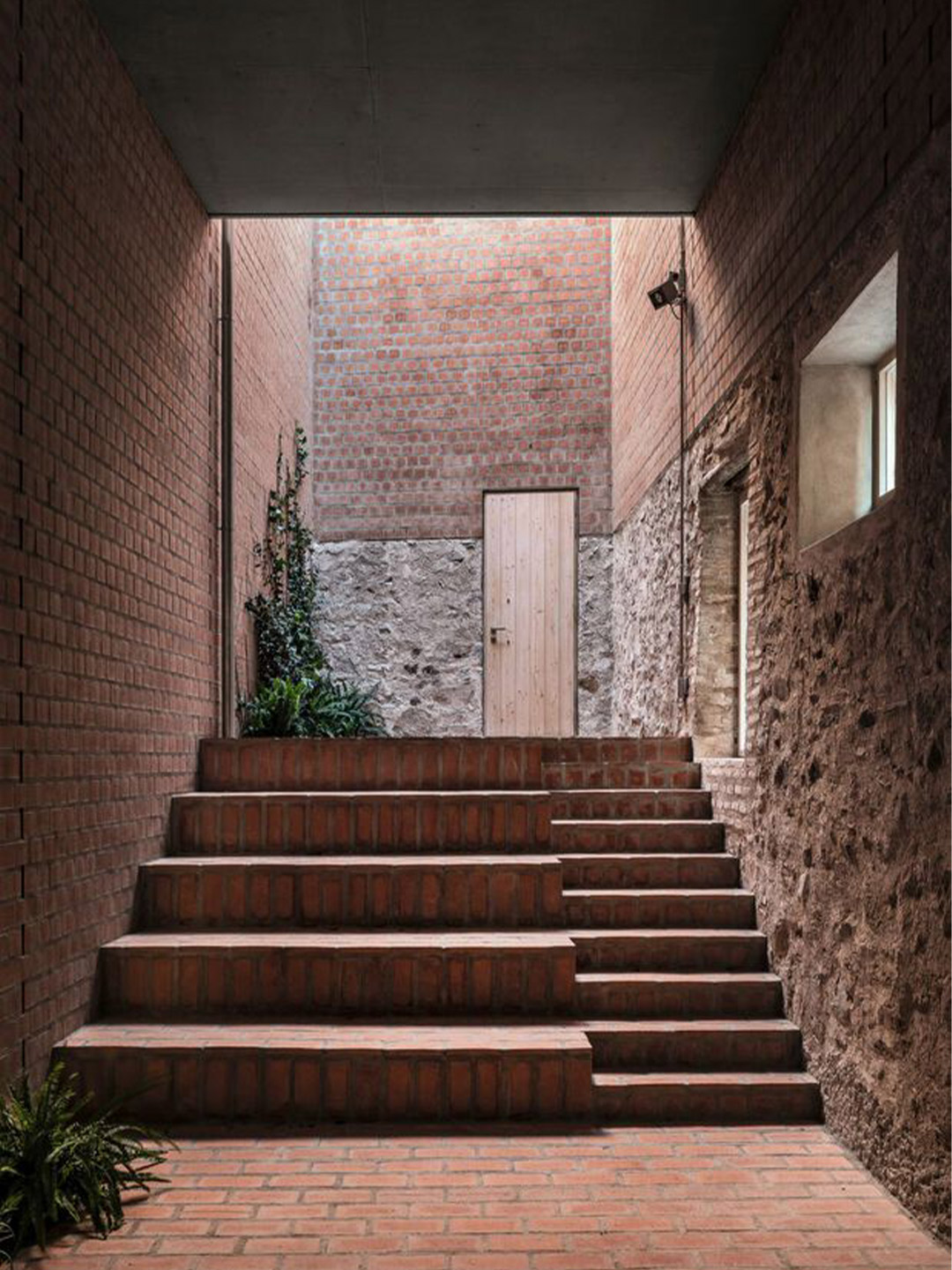Award-winning Croatian architect and interior designer Viktor Udzenija has curated the inaugural design section of the Christie’s Middle Eastern Modern and Contemporary Art auction. For the sale, which opens to bids from November 11, Viktor is presenting a selection of ten design works by an impressive roster of emerging and established designers, each hailing from the Middle East.
The carefully sourced line-up includes the mesmerising masterpiece Ouroboros by Lebanese sculptor Ranya Sarakbi, an eleven-metre-long ‘serpent’ constructed from more than 16,000 individual units of cast bronze. “It is hard to pinpoint and describe this incredible work without being whisked away into the land of myths and legends,” says Viktor. The oversized jewellery-like piece draws inspiration from the ancient allegory of the serpent eating its tail, a story which represents the cycle of life. “It is just exquisite. I think María Félix would have worn it if she were still around.”
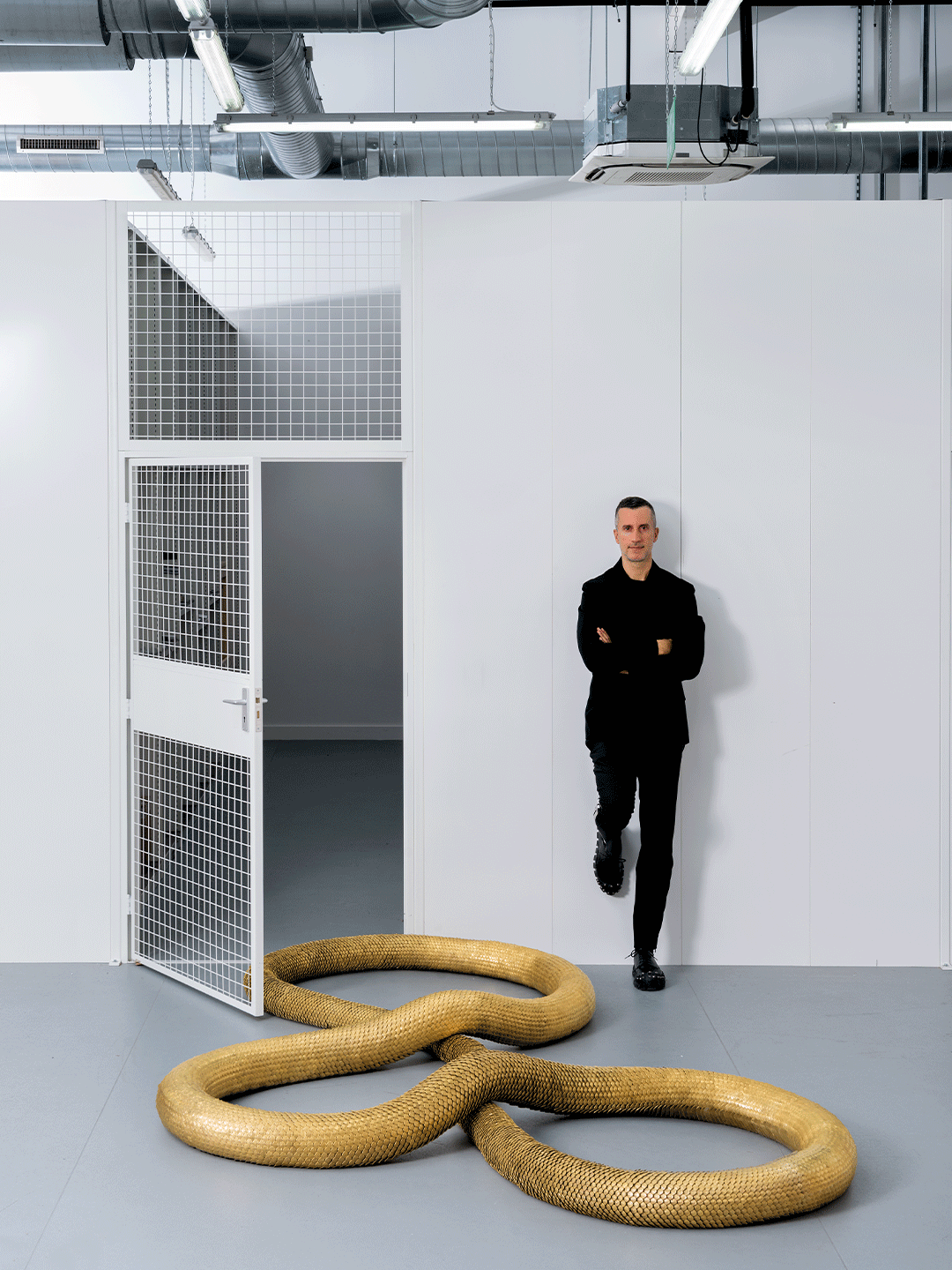
The Carabus mirror by UAE-based designer and architect Ammar Kalo is part of the Carabus Collection – the result of conflating concepts of traditional craft with processes of advanced robotic fabrication. “Ammar Kalo’s piece is a true translation of traditional craft into the new age,” says Viktor. The forms and textures of the collection are loosely inspired by the beetles of the same name and, as exampled by the mirror, the pieces embrace the imperfections of the process, celebrating the “visual and sensual qualities of a hand-crafted copper dish, entirely reinterpreted by a robot”.
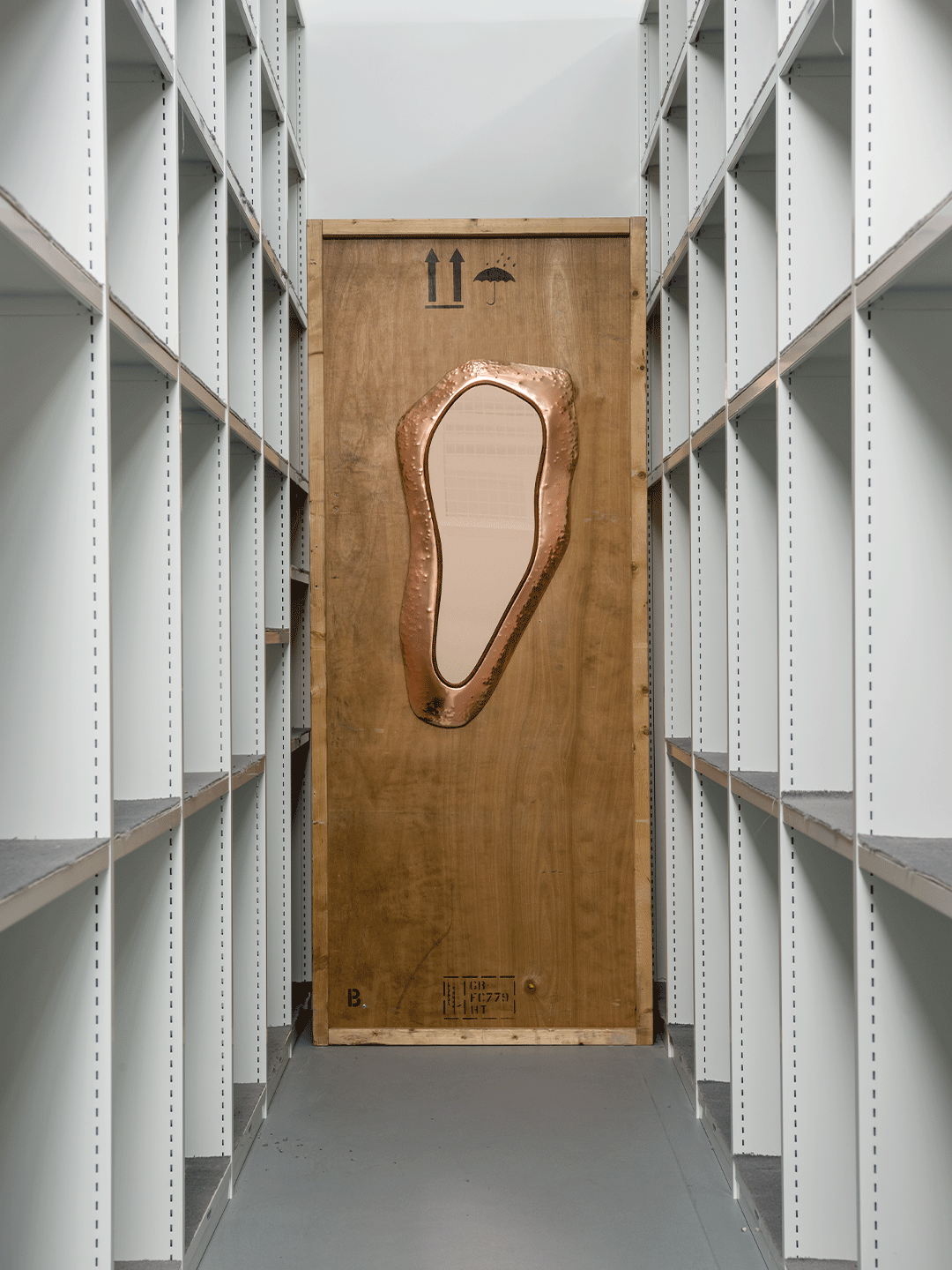
Woven by semi-nomadic tribal women using entirely naturally dyed, hand-spun wool, Small Square #7 is a work by Iranian designer Asad Bakhtiari and part of The Tribal Weave Project, an ongoing reimagination of tribal artifacts. “Although it is clearly rooted in traditional Gabbeh carpet making, Bakhtiari’s innovative approach of exposed warps and bold geometries give this carpet a unique contemporary architectural aesthetic,” says Viktor. Iranian tribal weaves are known to depict simple scenes: the sky, the mountains, the earth and the animals. Inspired by this puritan philosophy, Asad Bakhtiari imagines a process to further strip the tribal weave to its bare elements, starting with the weaving process itself. “The use of hand-spun will and natural dyes make this carpet the epitome of sustainability,” Viktor says.
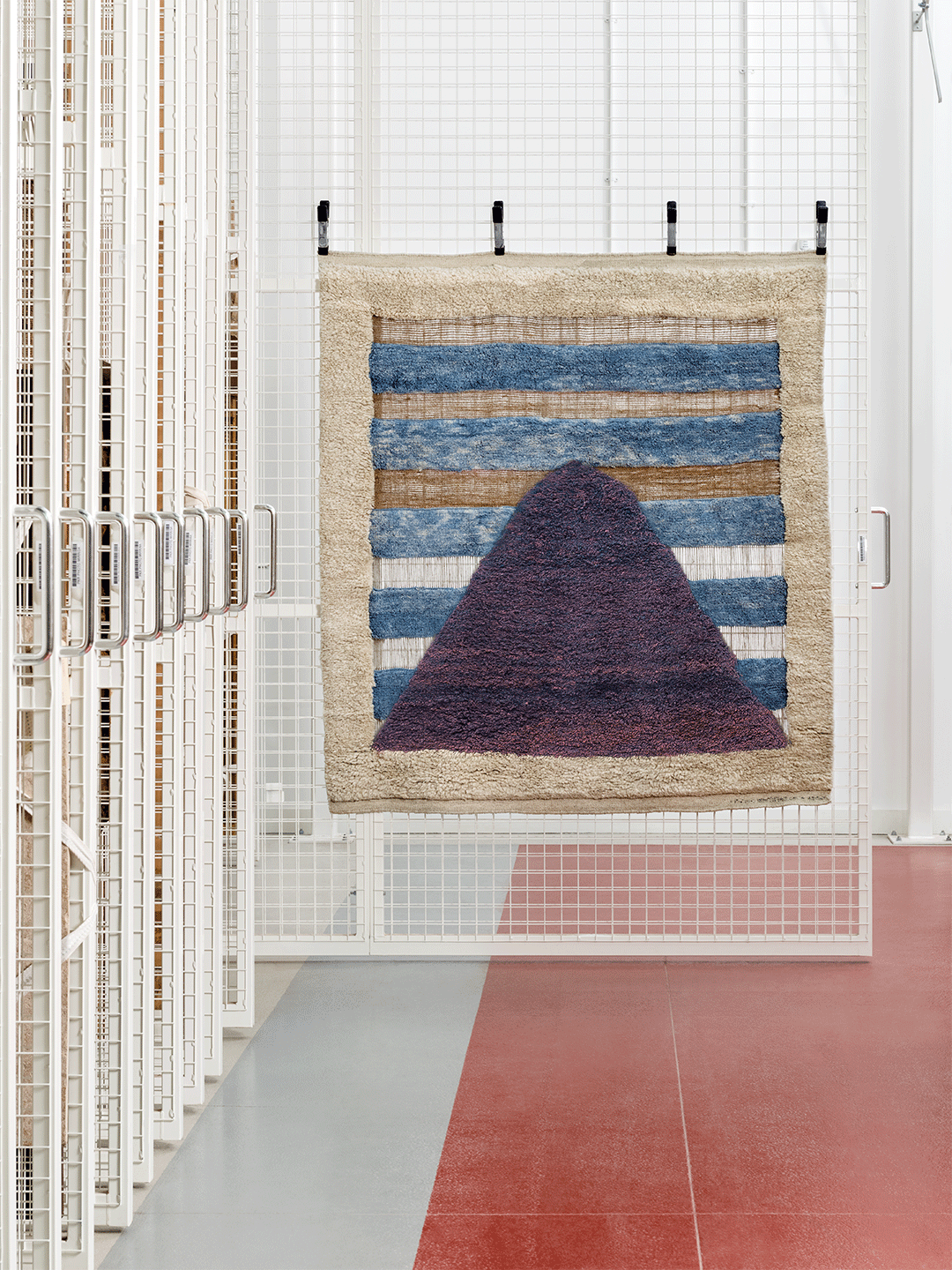
Known by some as the ‘Andy Warhol of Marrakesh’, Moroccan-born Hassan Hajjaj’s Red Crates combines mass-produced storage containers from one of Western culture’s most iconic brands, Coca Cola, with bespoke upholstered cushions featuring North African designs. When brought together, a new product is born. “The nonchalance with which this piece transforms everyday objects into functional design is ingenious,” says Viktor. Designer-artist Hassan moved from Morocco to London as a child and has been influenced by both cultures throughout his life. His pieces appear in the collections of the Los Angeles Museum of Contemporary Art, The Victoria & Albert Museum in London, the Farjam Collection in Dubai and Paris’ Institut des Cultures d’Islam among others.
Viktor’s curated collection for Christie’s also includes a table by design duo david/nicolas, a pair of totem sculptures by Hala Matta and the otherworldly Chair 1 from Carlo and Mary-Lynn Massoud. Omar Chakil’s Alabaster Lamp Edging makes an appearance alongside the wondrous Large Cabinet by Khaled El Mays and the Imprint Dining Table by Lebanese designer Nada Debs.
The sale closes November 24. See the viewing room here.
